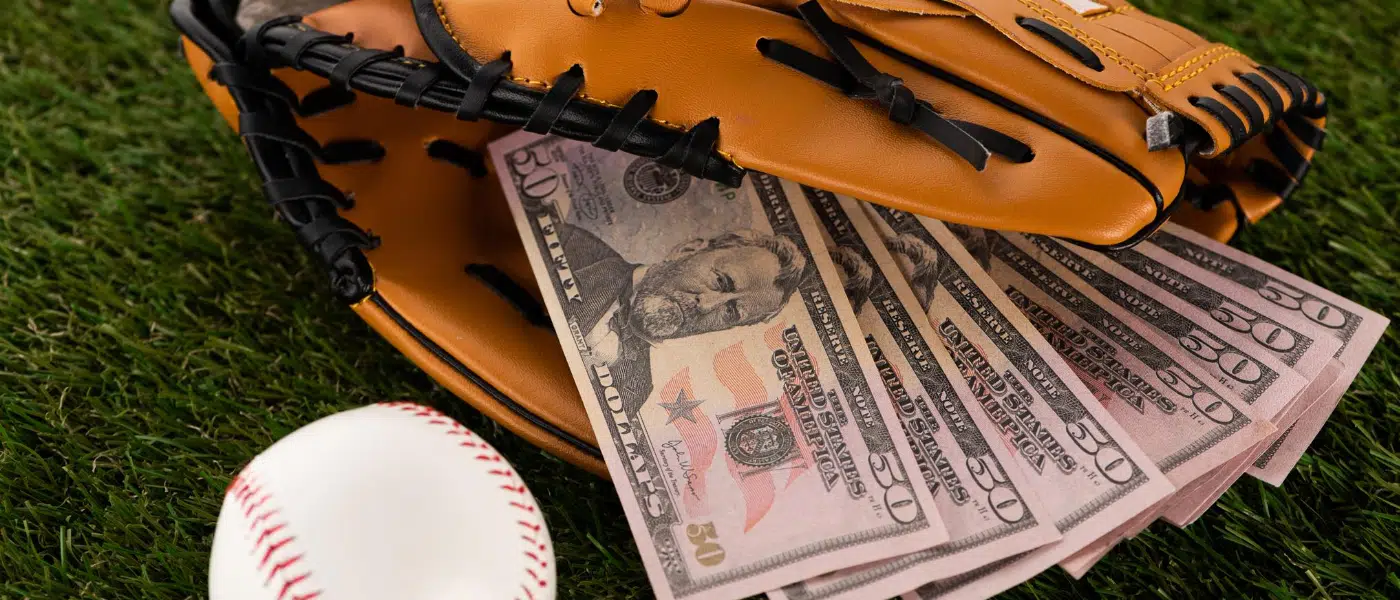Investor Concerns Grow Following DraftKings Earnings Call

Investors are no longer enthusiastic about DraftKings’ free-spending strategy. Following the company’s Q4 earnings call, share prices, which were already on a downward trajectory, plunged some 20% following the call.
The stock has gone from an all-time high of $69.75 in March 2021 to its current price of $17.88.
DraftKings isn’t unique in the US sports betting space. Stock prices are near-universally down in the sector, as the cost of doing business is far outpacing the returns. The environment has gotten to the point that several operators have publicly announced a tightening of the purse strings and delaying launches in “insane” markets.
But that’s not the tack DraftKings is taking. DraftKings is sticking to its plan, even though it anticipates a near $1 billion loss in FY2022.
“It is clear the business model is working,” CFO Jason Parks said. “We feel terrific about customer payback and the EBITDA projections.”
CEO Jason Robins said promotional and marketing spending would “naturally come down in the next two to three years.” The company expects to be profitable in every state it currently operates in the same timeframe.
According to DraftKings, it’s already profitable in five states, and the current spending levels will subside as markets mature. Of course, there are three massive future launches to deal with in California, Texas, and Florida.
Investors Not Buying It
These comments (along with the company’s bullish predictions should it take a ballot initiative mulligan in Florida in 2024) were met with plenty of cynicism.
CNBC’s Contessa Brewer summed up the concerns pre-call, saying, “The revenues here are beside the point because of the cash DraftKings is burning to acquire customers. Investors are really just itching to see a path to profitability.”
But as Chris Grove noted on Twitter, investors may be getting cold feet and looking for an off-ramp, but this was the plan all along.
Let’s Talk About Running Good in Poker
[Fade out to 2003 WSOP]
The 2003 World Series of Poker Main Event was one of the main catalysts for the “Poker Boom” thanks to the improbable run by Chris Moneymaker. If you presented Moneymaker’s run to the title as a Hollywood script, it would get rejected as too fanciful. And it was fanciful. It was the Avengers Endgame one-in-14-million scenario seen by Doctor Strange.
At any point in the tournament, Moneymaker could have been eliminated. He won his flips and got lucky or guessed right several times. But unlike a different WSOP Champion a few years later, he also understood this and remained quite humble in his abilities at a poker table.
Run good (and bad) is common in poker. The improbable can and will happen thanks to variance.
So, imagine you’re DraftKings, and you’re on a seven-plus-year heater. You’ve survived every all-in, whether the odds were in your favor or not. At any point, the walls could have come crashing down, but you happened into Doctor Strange’s one-in-14-million possible futures. What if state Attorneys General were more aggressive? What if New York didn’t pass daily fantasy sports legislation at the last minute? What if the company landed in the bad actor bucket following the repeal of PASPA?
There Can Be Only One
Kim Lund is saying that this carpet-bombing approach ensures only the current haves can play in the space. Everyone else is relegated to crossing their fingers and hoping to catch lightning in the bottle that puts them on the map, most often as an acquisition target.
But the DraftKings of the world believes when the dust settles, they will reign supreme.
A potentially bigger problem is customer retention. Yes, DraftKings is acquiring customers, but there’s no guarantee those customers will remain DraftKings customers. Gamblers are a fickle bunch, and if you attract them with a bonus offer, they will jump ship for a bonus offer.
As I wrote in a Twitter thread last year in response to this Tweet from Smarkets CEO Jason Trost:
“I’ve been involved in online gambling for 20+ years (from poker player to current role), and I don’t think people understand how (dis)loyal customers are. But it’s not entirely the customer’s fault. The industry has done plenty to make sure loyalty is fleeting (scandals, bad practices, and what seems like a never-ending rebrand). At the same time, serious bettors are looking for edges, so those players are never loyal, no matter what they say. And far too many poker sites fell for that line back in the day and catered to that customer.”
Related: DraftKings Hindenburg Allegations







